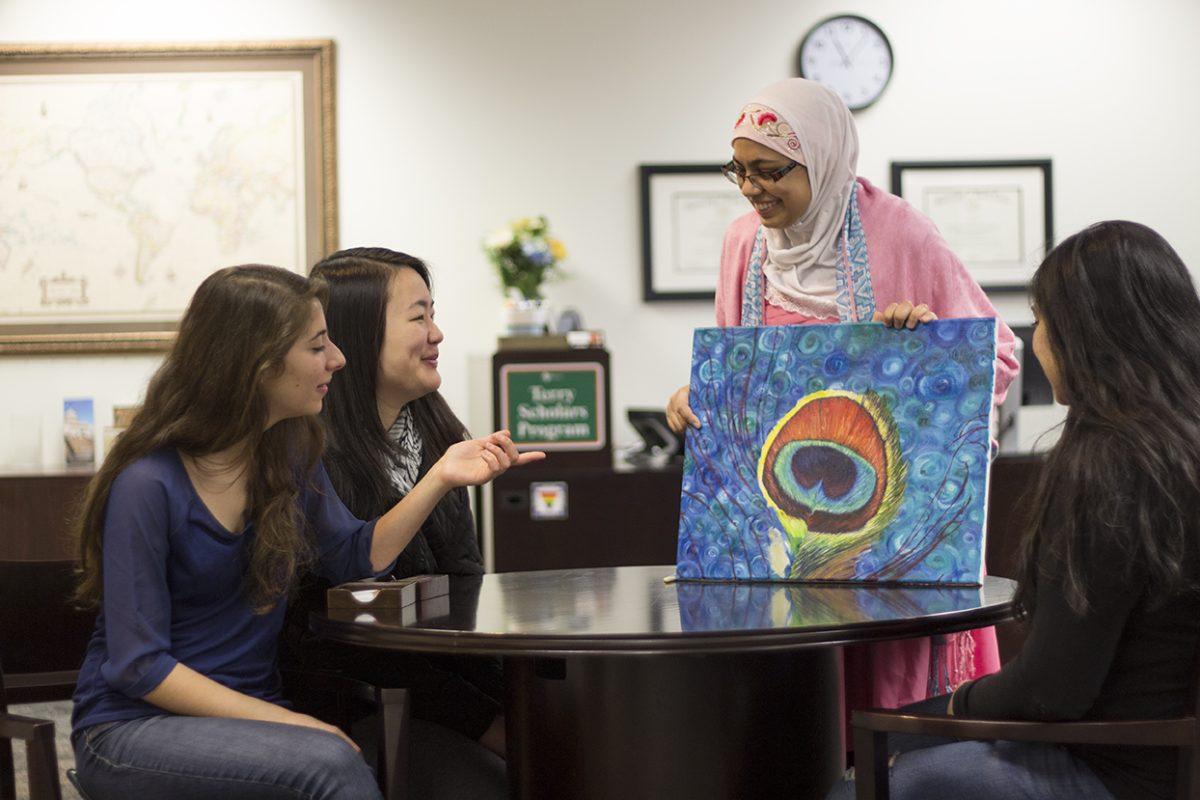Readjusting to the resumption of in-person operations has created unique recruitment and leadership challenges for UTD student organizations and their leaders.
The number of registered student organizations at UTD has grown from 389 in 2019 to 428 in 2022. This semester, 39 new student organizations are having to figure out how to operate in-person, a daunting task for clubs that were created in and tailored to the virtual environment. Even older organizations are now led by a new generation of officers who have never experienced the in-person events they are now responsible for organizing.
The Student Organization Center recognizes that a lack of effective communication between old and current officers due to the pandemic and the demands of involving a new generation of students in club activities provide daunting tasks for student leaders. Assistant Director of Student Organizations, Tineil Lewis-Moore, said that SOC organized many programs to help keep student organizations afloat through the pandemic. These included student organization member spotlights on social media, president’s roundtable discussions- on topics ranging from how to engage organization members virtually to hosting events in a virtual world- and virtual involvement fairs. In the same vein, they are now helping organizations and their new leaders effectively transition back to in-person activities.
“Some of the challenges that have been shared with us regarding the student organizations have been internal organization conflict and new organization officers navigating their roles as officer while transitioning from virtual back to in-person events and activities,” Lewis-Moore said.
Conflict can occur when officers accustomed to different modalities have different visions of what an organization should look like. Officers who were on-boarded virtually at the beginning of this year may not have a full grasp of how their clubs are meant to function in-person, for example. To address these issues, the SOC office is hosting Organization Transition Month throughout April. There will be a series of weekly workshops for student leaders led by SOC staff on conflict resolution, managing an officer transition and revising an organization’s constitution.
“During this return to traditional functionality, there are some [organizations] that have hit the ground running and there are some of them that are still working to figure out a solid plan of what it means to function outside of a virtual world,” Lewis-Moore said. She hopes that Student Organization Month will allow clubs that are struggling during this time to become more internally organized, bolstering their capacity to attract and retain members.





